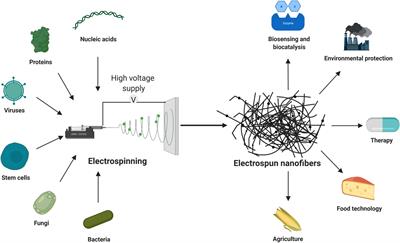REVIEW
Published on 14 Dec 2020
The Microbiome and Alzheimer’s Disease: Potential and Limitations of Prebiotic, Synbiotic, and Probiotic Formulations
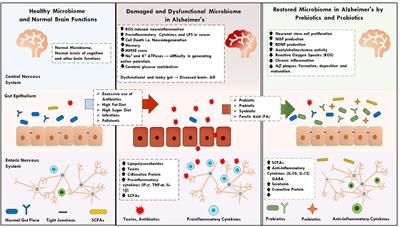
doi 10.3389/fbioe.2020.537847
- 16,297 views
- 75 citations
19k
Total downloads
102k
Total views and downloads
REVIEW
Published on 14 Dec 2020

REVIEW
Published on 04 Nov 2020
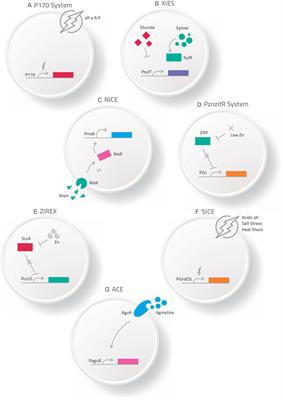
ORIGINAL RESEARCH
Published on 05 Jun 2020
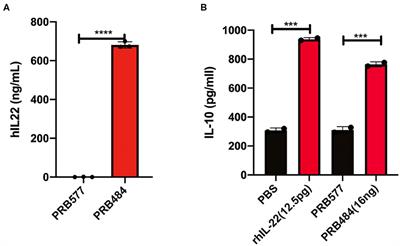
REVIEW
Published on 05 Jun 2020
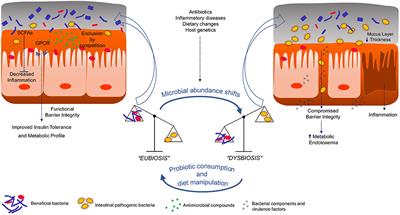
MINI REVIEW
Published on 31 Mar 2020
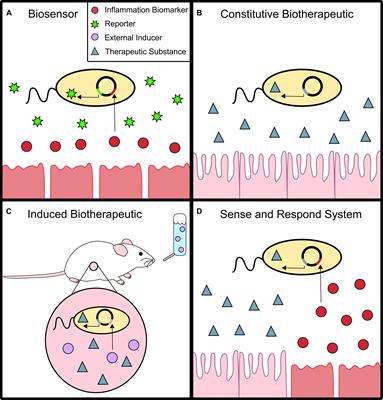
REVIEW
Published on 25 Feb 2020
